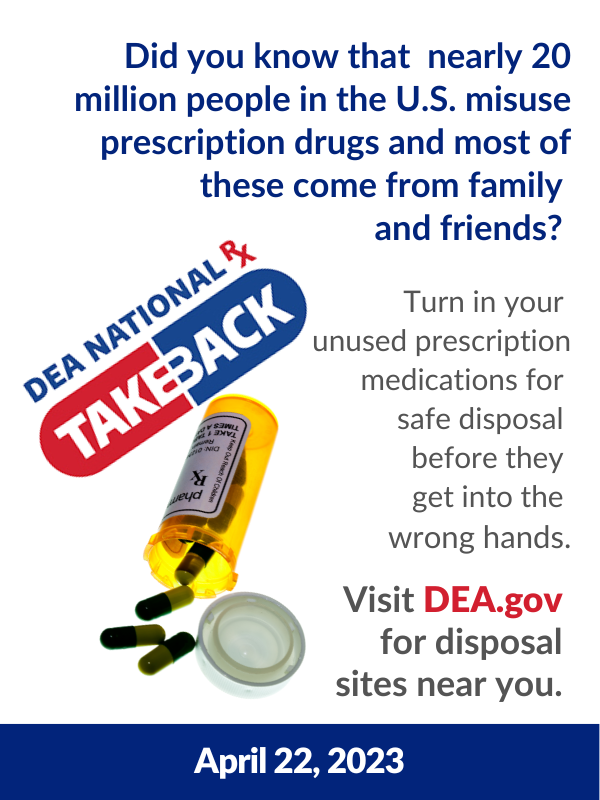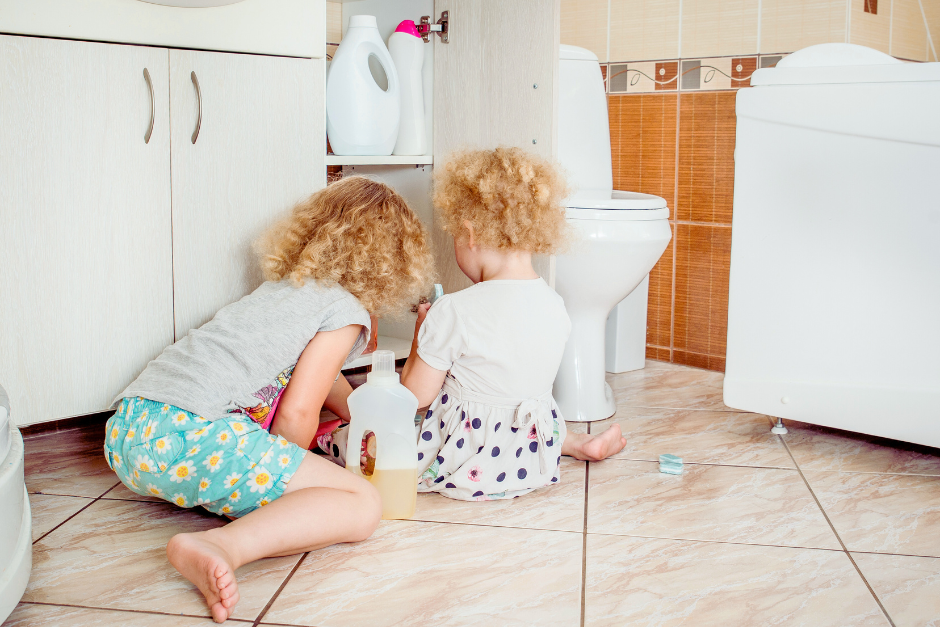Did you know that poisoning is the number one cause of unintentional death in the United States?
In 2021, for example, there were more than 102,000 deaths from unintentional poisoning, according to the Centers for Disease Control.
While the majority of these were due to the opioid epidemic and a record number of drug poisoning deaths, some fatalities can be blamed on the toxins in our homes or workplaces that we tend to overlook.
Having cleaners clustered under the sink or meds in the bathroom cabinets are two examples. People tend to lose track of what’s there and children, teens or even pets get into toxic items like colorful gummy meds, prescription drugs or cleansers.
In the workplace, depending on your industry, employees are put at risk of poisoning if their co-workers aren’t properly trained in handling certain substances, don’t obey safety rules or don’t pay attention to what they are doing.
The numbers show just how common poison exposures are, even if they end up causing no serious health issues. According to the National Capital Poison Center:
- More than 2.1 million poison exposures were reported in 2020, with U.S. Poison Control Centers receiving one call every 15 seconds.
- Children under the age of 6 are disproportionately more likely to be exposed to poison, although in most cases the substances end up being minimally toxic.
- Poisonings in teens or adults tend to be more serious, with pain medications leading the list of most common substances implicated in exposures.
- Most poison fatalities are caused by fumes, gases or vapors, followed closely by pain medications.
Prevention Strategies

So, how do we prevent poisoning, considering all the ways we can get exposed by ingesting, inhaling, touching or injecting them?
Here are some basic strategies for prevention:
- Most poisonings are medications whether legal prescriptions or illegal drugs. Don’t be an accidental dealer and keep all prescriptions and vitamins locked up out of reach of children. Remember child-resistant doesn’t equal child-proof.
- Always read labels when you take medication to make sure it is the correct one, at the correct dose, every time. Then, properly dispose of any extra meds.
- Install and routinely check carbon monoxide detectors.
- Wear appropriate personal protective equipment while using dangerous substances.
- Keep cleaners and poisons in original containers and don’t use food containers to store them.
- Keep Material Data Sheets updated in the workplace.
- Properly train workers in using chemicals.
Always have the Poison Control number 1-800-222-1222 by the phone and at work develop an emergency plan to have in place if needed.

